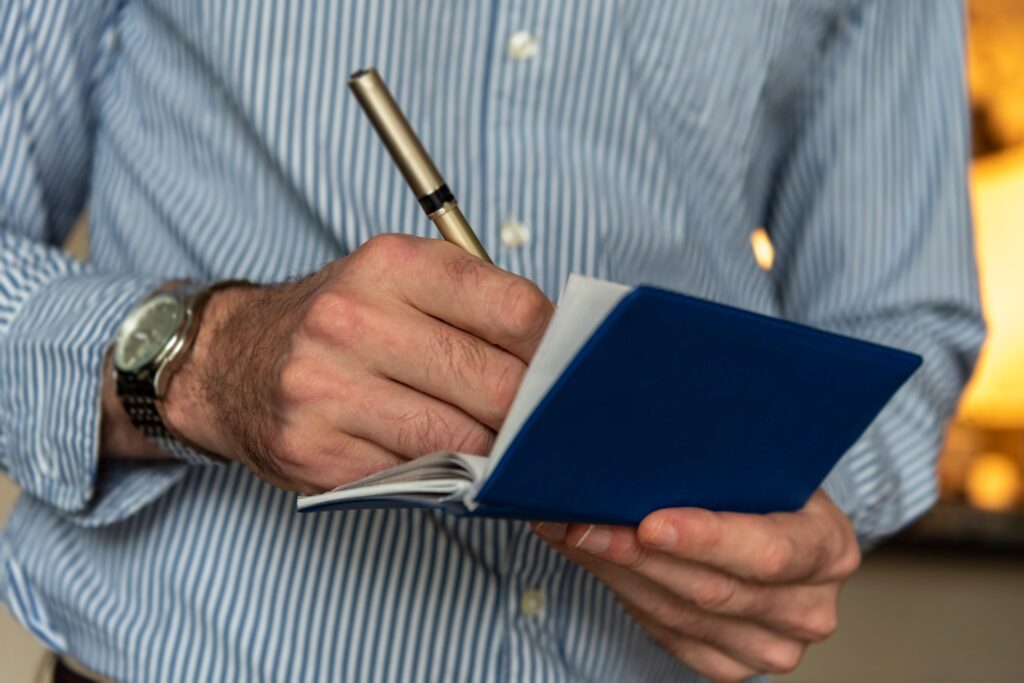6.18.25
Beware of Check Washing Scams

If you use paper checks, this is a must-read.
When you write a check you assume it will be cashed by the party you wrote it to and for the amount you wrote. However, that check could be changed by thieves who steal money through check washing. Learn what precautions you can take to avoid this type of fraud.
What is check washing?
The first step in a check washing scam is to steal a check. Often thieves target mailboxes, but they also snag checks from other places where opportunity arises, including stores and offices. After getting the check, thieves use chemicals to wash off the “pay to” and “amount” fields. Then they fill in a new name and amount. Thieves fraudulently get money when they cash the check. It’s a crime that’s been around for a long time and continues to grow.
Key ways to protect against check washing
The Consumers Fraud Team says the first line of defense is to use a gel pen when writing checks. This type of ink is harder to wash off. When buying pens for check writing, look for those labeled as security pens or having security ink.
Consider using digital payment methods rather than paper checks. Bills can be paid through Online Banking as a safer alternative to sending physical checks. You can also set up check alerts through Online Banking.
Another precaution is to review your account activity frequently to ensure that check payments come out of your account in the correct amounts. If you see anything of concern, reach out to the Member Service Center at 800.991.2221 and they’ll connect you to the Fraud Department.
More tips for avoiding check washing scams
Another way to thwart check washing scammers is to avoid leaving any checks—or purses or wallets containing checks—in your vehicle. It only takes a thief a few seconds to open a car door and grab valuables. Instead, try to leave checks in a locked safe at home.
The way you handle mail can also minimize your exposure to check washing scams. The U.S. Postal Inspection Service advises people to:
- Deposit mail in collection bins that are attached to the building, where the mail goes inside the post office; thieves are known to target the blue collection boxes
- Retrieve mail frequently—don’t leave mail in your mailbox overnight
- When on vacation, hold mail at the post office or have it picked up by a friend or neighbor
Business members can also sign up for Positive Pay to ensure checks are only cashed by the intended party and for the amount written.
And always remember, no one from Consumers will EVER ask for any of the following: your PIN; the username, password or passcode you use for Online Banking; the full account number for your checking or savings account; or your credit or debit card number. Anyone asking for this information is up to no good. Cut off communication with them immediately. You’re not being rude; you’re protecting your identity and money.
Check washing is just one of the many scams in operation these days. Boost your knowledge of other fraudulent activities so you know what to do when you encounter a scammer with these scam drills.
Federally Insured by NCUA



Thank you for the information on check cashing scams. I never knew this was going on. I’m sure I read the messages from you. Thank you again.
Muchas gracias por la informacion es de gran valor y en español nuevamente gracias consumers
Con mucho gusto, estamos para servirles
Thanks for the update information. Consumers CU is the best!
Thanks for the kind words Michael!